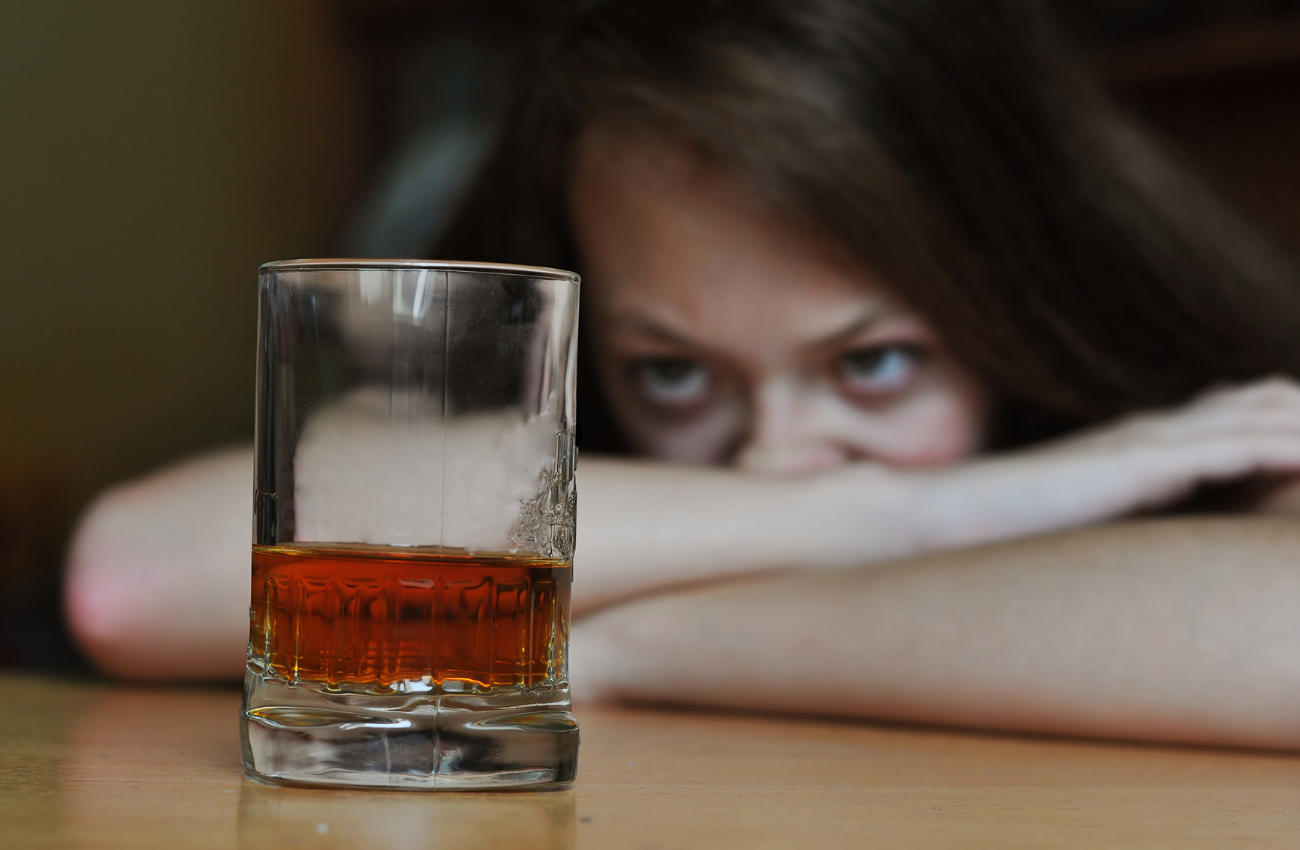Many people in the early stages of recovery from a drug of alcohol addiction mistakenly believe that a relapse means they weren’t successful. This is false. The majority of those who complete treatment for a substance use disorder but don’t participate in any kind of aftercare are more likely to relapse, at least once. It’s also common for people trying to detox by themselves or quit a substance cold turkey to start using again. Relapse can be viewed as simply a steppingstone to maintaining recovery over a long period. Some addiction experts believe that relapse is a stage in overcoming a substance use disorder. More than 50% of people with a chemical addiction experience relapse along their path to recovery, according to the National Institute on Drug Abuse.
An accredited treatment program, such as those offered by Landmark Recovery, helps lower the risk of relapse by providing patients with focused therapy, and helping them develop the skills to manage cravings for drugs or alcohol. If you have access to aftercare or an alumni organization, you should take advantage of it for the support they provide during the transition from a treatment center back to “normal” life. At Landmark Recovery, we provide graduates with access to our nationwide alumni network and post-rehab educational opportunities. Accountability and support are key parts of maintaining recovery after graduating from an addiction treatment program.
What is a relapse?
A relapse differs from something like a “slip,” where someone might use a substance once and not continue. A true relapse is when a person reverts to the substance use habits they had before they went through a period of recovery. Relapsing doesn’t mean that you failed at becoming sober. It just means you had a temporary holdup on your path towards achieving lasting recovery. Relapse occurs because we feel compelled to repeat activities that we find pleasurable. Certain behaviors, environments or activities can act as triggers to make us crave the feeling that drugs or alcohol contribute to, typically a state of euphoria or a high.
What are common triggers for those in recovery?
One thing to remember when examining the reasons people relapse is that everyone has triggers that could cause them to revert to old behaviors. Here are some of the top reasons those in recovery relapse.
Parties
Being at social events is a great opportunity to spend time with friends and family, but sometimes, when a substance someone has struggled with is easily available and abundant, this can lead to a slip or a full-on relapse period. This is one reason why staying on guard against situations and people that might give someone an opportunity to relapse is important. We may feel left out if people around us are using drugs or alcohol, especially if they appear to be having a good time. At Landmark Recovery we teach patients how to deal with these situations to minimize the risk of a relapse.
Triggering images or sounds
Seeing drug paraphernalia like a pipe or needle, hearing the clink of shot glasses or watching someone open a can of beer can trigger a relapse in those dealing with an addiction. Watching someone else use a specific substance might trigger a form of post-traumatic stress. Sometimes hearing a song that’s been associated with getting high can act as a trigger. In many cases it can be difficult to avoid these sights and sounds. That’s why developing the skills to deal with such triggers is an important part of the recovery process. At Landmark Recovery, our therapists help patients understand their sight and sound triggers and what to do if they encounter these.
Nostalgia
Often someone might feel the temptation to use a substance in certain places or with certain people. It’s normal for people to long for happy times or reminisce about happy moments and experiences. Sometimes these moments involved getting drunk or high. Being back in a bar, an old friend’s house could trigger a craving to get stoned. It’s best to avoid these types of triggers by finding new spaces to inhabit (perhaps a space that values sobriety and recovery). An addiction treatment program can help provide tactics to manage these situations.
Stressful periods in life
One theory on the origins of addiction and drug use is that chemical dysregulation from increased stress levels causes some of those with substance use disorders to respond by abusing substances. Cortisol, the chemical that becomes dysregulated is a neurotransmitter that causes “fight-or-flight” reactions in the body in response to spiking stress. Cortisol dysregulation could potentially be a key part of why some people are genetically predisposed to addiction. When certain people with dysregulated levels of cortisol are subjected to negative stress in the long term, it may raise the possibility of experiencing addiction. One method of ensuring that cortisol levels stay low is through managing stress or doing specific activities that artificially raise cortisol levels in response to normal stimuli like running.
Social or peer pressure
Social pressure is a big reason many people experience a relapse. Sometimes friends or acquaintances will say things like, “Why won’t you just have one drink?” The expectation is that one drink or one use of a substance won’t hurt the person in recovery, but for people batting an addiction one sip of alcohol or one snort of cocaine can lead to a relapse. Those in recovery don’t necessarily have to cut old friends out, but if they remain a source of temptation, it might be a good idea to set boundaries or limit interaction with them. Landmark Recovery therapists help patients understand how to talk with old friends and explain why they may need to leave certain situations.
How can I keep someone from relapsing?
When a friend is going through a tough time and you can tell they’ve started using the substances they’re addicted to, you might feel inclined to offer a helping hand. You might be curious about how to offer help or assistance in that time of need. There are some practical ways you can help someone when they’re struggling with the temptation to use a drug that they were previously addicted to. Here are six key things to remember:
- Encourage them not to give up.
- Don’t buy excuses and make it clear that they’re making one.
- Explain that you care about them.
- Channel emotions surrounding the issue in a constructive way.
- Identify their triggers and help keep them from encountering them.
- Offer to help them find support.
Learn more about alcohol and drug addiction treatment
To learn more about what to do if you or a loved one is suffering through a relapse, give us a call to learn how Landmark Recovery can help at 888-448-0302. Landmark Recovery offers many different types of services in addition to traditional detox, rehab, and therapy in recovery.

Choose Recovery Over Addiction
We're here 24/7 to help you get the care you need to live life on your terms, without drugs or alcohol. Talk to our recovery specialists today and learn about our integrated treatment programs.






